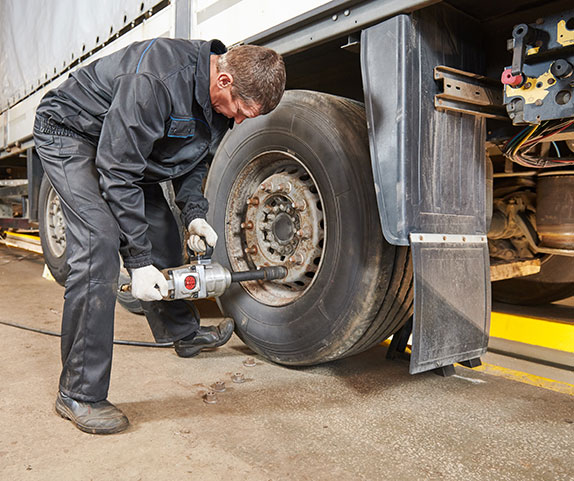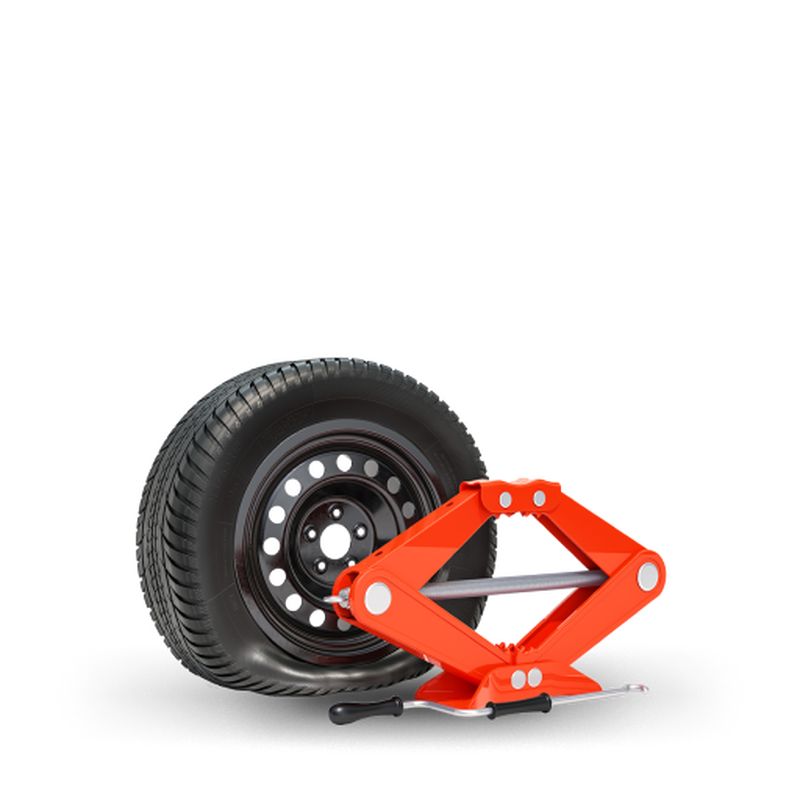Morris Tires: Where GMC Tire Service Satisfies Top Quality
Morris Tires: Where GMC Tire Service Satisfies Top Quality
Blog Article
Tire Solution: The Influence of Climate Problems
When it concerns ensuring optimum performance and security when traveling, comprehending the influence of climate condition on tire solution is critical. From scorching heat to icy roads, each climate aspect can significantly affect tire functionality and total driving experience. By diving right into the impacts of varying climate conditions on tires, chauffeurs can acquire beneficial understandings that may improve their car's efficiency and longevity. In this conversation, we will certainly explore the intricate partnership between weather conditions and tire service, clarifying the significance of weather-specific tire maintenance techniques and factors to consider.
Heat and Tire Efficiency
When exposed to heats, tires experience adjustments in efficiency that can significantly impact car safety and security and handling. The heat produced from long term driving or warm weather condition problems creates the tire rubber to soften, leading to reduced tread life and increased wear. As the rubber becomes softer, the tire's grip when driving decreases, impacting stopping distances and general grip. In extreme instances, excessive heat can even create tire blowouts, posing an extreme safety and security danger to the automobile and its residents.

Winter Impacts
Winter problems can have a considerable influence on tire efficiency and security. As temperature levels decline, tire rubber can solidify, causing reduced grip on icy or snow-covered roadways. In winter, tires may additionally lose air pressure much more quickly, which can impact managing and fuel effectiveness. Additionally, cool temperatures can trigger tire sidewalls to tense, raising the risk of damage from pits or various other roadway risks.
To minimize the results of cold weather on tires, it is important to regularly inspect tire stress and inflate them to the producer's suggested degrees. Utilizing wintertime or all-season tires made for winter conditions can additionally improve traction and grip on icy or snowy roadways. Appropriate tire maintenance, including normal assessments for wear and damages, comes to be a lot more crucial during colder months to ensure ideal efficiency and security.
Rainy Issues Influence
During stormy conditions, tire efficiency and safety and security can be considerably influenced by the wet road surfaces and minimized visibility. The tread pattern of tires plays an essential role in keeping traction on damp roads. Tires with damaged treads are a lot more susceptible to hydroplaning, where a layer of water develops between the tire and the roadway surface area, leading to loss of grip. To fight this, drivers need to routinely check their tires for appropriate tread deepness and think about spending in tires particularly made for damp conditions.
Moreover, rainy weather can additionally lower visibility, making it testing for chauffeurs to see the road ahead plainly (GMC Tire Service). In such conditions, it is vital to change driving rates appropriately and keep a safe adhering to distance to allow for unexpected stops. Effectively filled with air tires can likewise help in preserving control on wet roads by offering better handling and hold
Snow and Tire Safety And Security
Snow-covered roadways position one-of-a-kind difficulties for chauffeurs, stressing the value of proper tire selection and upkeep. When driving in look at here now snowy problems, having the right tires can make a substantial distinction in security and performance. Winter tires are made with unique rubber compounds and step patterns to provide much better grip on snow and ice compared to all-season tires. The deeper footsteps and sipes of winter tires aid grip the roadway better, reducing the risk of slipping and moving.

It is crucial to comply with supplier directions when utilizing and installing tire chains to stop damages to the tires and vehicle. By picking the right tires, keeping proper rising cost of living, and considering extra traction help like tire chains, vehicle drivers can boost their security when navigating snow-covered roadways.
Weather-Related Tire Maintenance
When encountered with numerous climate condition, appropriate tire maintenance ends up being a vital element of vehicle security and efficiency. Weather-related tire upkeep encompasses a series of methods focused on ensuring optimum tire function and long life in different weather condition scenarios. One crucial facet of weather-related tire maintenance is tire pressure regulation. Fluctuating temperature levels can cause tire pressure to vary, impacting grip and gas efficiency. On a regular basis changing and inspecting tire stress according to supplier recommendations is necessary check this site out for risk-free driving in altering climate condition. In addition, tire step deepness plays a significant duty in taking care of various climate elements. Tires with adequate step deepness give better grasp on damp or icy roadways, reducing the threat of hydroplaning or skidding. Checking tire tread consistently and changing tires when step wear gets to a particular depth is vital for maintaining traction and stability in unfavorable weather condition. By focusing on weather-related tire maintenance, vehicle drivers can boost safety and security, boost lorry efficiency, and extend the life expectancy of their tires.
Verdict
Finally, weather conditions have a substantial effect on tire efficiency and safety and security. From warmth impacting tire pressure and use to winter decreasing traction, it is vital to think about the climate when preserving and making use of tires. Rainy problems can decrease grip and cause hydroplaning, while snow can enhance the risk of crashes if tires are not correctly outfitted. Weather-related tire maintenance is vital in guaranteeing optimum efficiency and safety and security when traveling.
In this discussion, we will discover the complex partnership between weather conditions and tire service, shedding light on the relevance of weather-specific tire maintenance practices and factors to consider.

Report this page